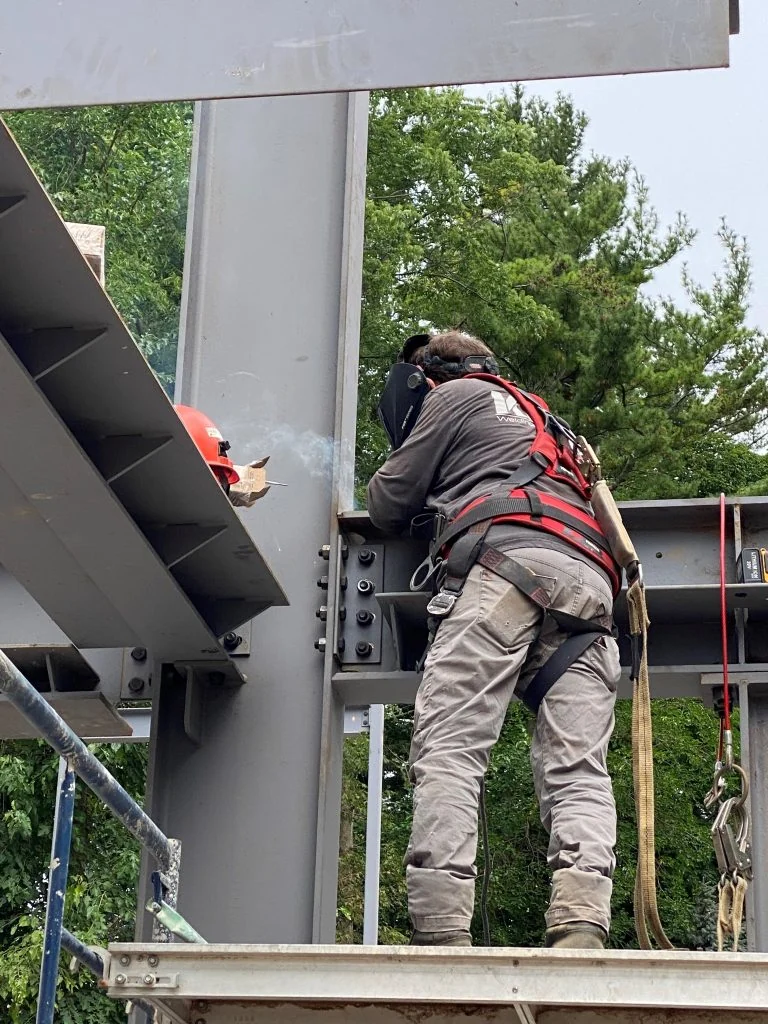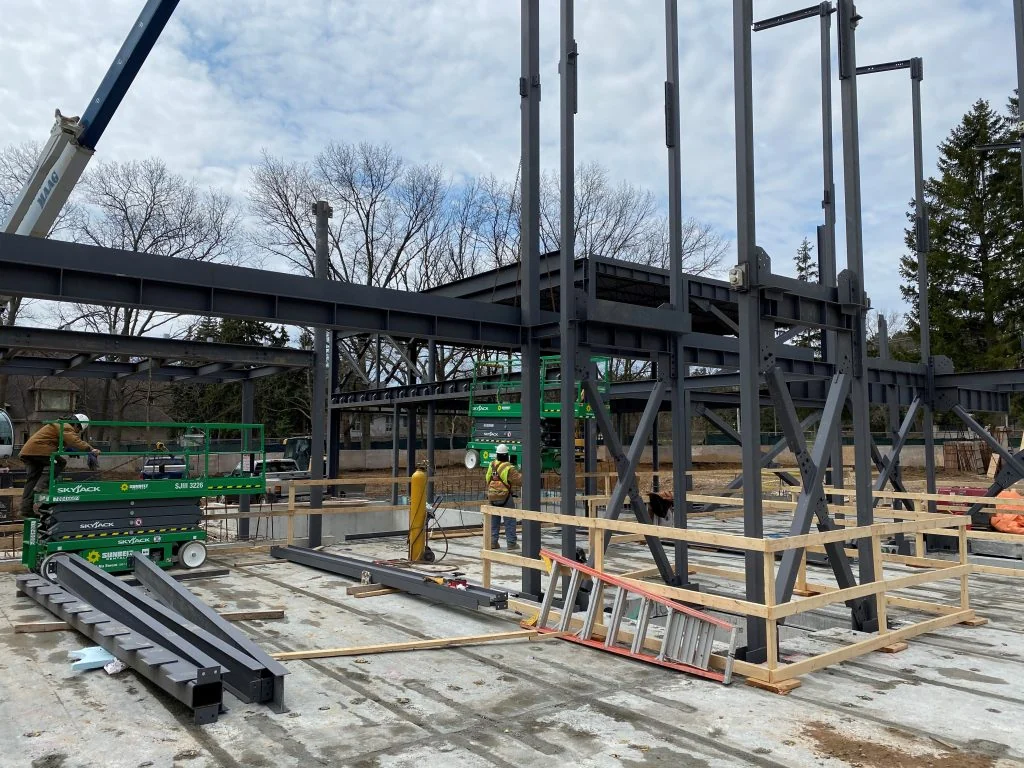As you may have heard, the Construction Lien Act has been through some updates and is now renamed the Construction Act. Prompt payment and adjudication, among other parts of the Act, have been brought into force and effect over the past few years since the change, and back in 2019, the adjudication and prompt payment rules were ushered in.
The Act now allows for a very fast process of adjudicating payments owed on a construction project. If a payment dispute arises, a claim can be commenced, and within approx 6 weeks, a decision will be rendered. The process is particularly welcome to some in the construction business as it requires relatively small fees to be paid to have the dispute adjudicated.
Trades and owners alike can represent themselves, but the avenue of legal representation is not precluded. A decision rendered by an adjudicator is enforceable, similar to a court decision, where payment of outstanding amounts can result in seizures and garnishments, as with any enforceable court decision.
Also worth noting, other means to litigate remain largely open and available. This system runs somewhat in parallel to other available legal recourse. It should be noted that, with some alterations, the old “lien Act” provisions with holdbacks and substantial completion remain largely intact with some revised amounts and timeline changes.

Rules under this new regime legislate that payments can no longer be held up by “waiting for the architect to certify” and mandate that trade payments from owners are made within 28 days of receiving a “proper invoice” and speedily thereafter with up to 7 days to pay sub trades further down the pyramid.
The application of this regime is time-limited. For instance, if a project had been out for tender or the agreement signed prior to October 2019 then prompt payment and adjudication remedies provided by the new Construction Act will not likely be an available recourse.
ODACC is the Adjudication Authority
“ODACC” Ontario Dispute Adjudication for Construction Contracts is the Authority that administers the program. https://odacc.ca/en/ Claimants can process a claim through a fairly intuitive portal which begins the Adjudication process and, importantly, starts the clock running in this legislated process. There are time limits for various steps of the process. The defendant, referred to as the respondent may provide a response or defence to the claim but as with any action is not obliged to do so. Failing a response or defence, the claim can move ahead solely with the claimant’s evidence. Under normal circumstances, the streamlined process has the claimant and respondent in front of a certified Adjudicator within days and a decision rendered within weeks.
Fees are commensurate with dispute amounts such that, for a fee amounting to less than a few thousand dollars, the majority of regular payments in a construction contract can be adjudicated upon and a decision rendered. Keep in mind the fee is concomitant with the work expected of the Adjudicator and the amount in dispute. The maximum number of pages of documents admissible is limited within each fee range. Hence a small fee means fewer documents to be deliberated on.
ODACC suggests flat fees for fixed processes, however, the parties and the Adjudicator can agree on their own process as they wish. Notably, this scheme empowers smaller contractors, who would otherwise be sent packing, intimidated by a deep-pocketed owner or general contractor, to fight a David and Goliath battle with a good chance at getting paid… and quickly!

ODACC maintains a roster of trained, insured, and certified Adjudicators with a minimum of 10 years of construction experience. The system enables the combatants to select an Adjudicator who is acceptable to both parties. If the parties fail to agree on an Adjudicator, ODACC steps in and appoints one. Adjudicators are often chosen by virtue of specialized training, say an engineer or architect whose experience and training would lend themselves to “cut to the quick” and bring the dispute easily into focus and arrive at a fair conclusion quickly.
A further noteworthy comment: Adjudication is termed “interim adjudication” as the intention is to keep funds flowing on construction projects across the province and is not intended to supplant other legitimate recourse through the court system. A decision from an adjudication, although enforceable in court, does not preclude access to a party’s other rights and remedies. This “interim” nature mentioned above perhaps answers concerns broached by some that the regime is “quick and dirty,” and some may fall foul to its alacrity, with perhaps an unfair result.
Having said that, the courts haven’t been afforded the opportunity to opine in any extensive manner on the few determinations rendered by Adjudicators to date so precedent-setting decisions from the courts are expected to be forthcoming as they confirm or refute Adjudicator’s decisions. These precedents, once set, will certainly act to elucidate and guide Adjudicators as they referee construction disputes into the future.

Conclusion
The Ontario System has taken queues from other jurisdictions where interim adjudication and prompt payment schemes have been adopted with great success. Reportedly, parties go away satisfied with a fast resolution to their dispute and ready to turn their attention to the business of construction and away from wrangling in lengthy litigation. Ontario has ostensibly enjoyed similar experiences as the early cohort of cases have been decided. The adjudication system, while not perfect, presents a forum for a dispute to be refereed by a competent Adjudicator, allowing Owners and builders alike to continue their work of building schools, bridges, hospitals, offices, and the much-needed homes that, in Ontario are in short supply!
This new system is gradually getting a foothold in Ontario’s construction industry, it surely spells good news, particularly for smaller contractors who need to get cash flow from the construction projects they are contributing to building!
This article as authored by Fil Capuano, founder, and president of Chatsworth Fine Homes. Fil is a certified Adjudicator.






